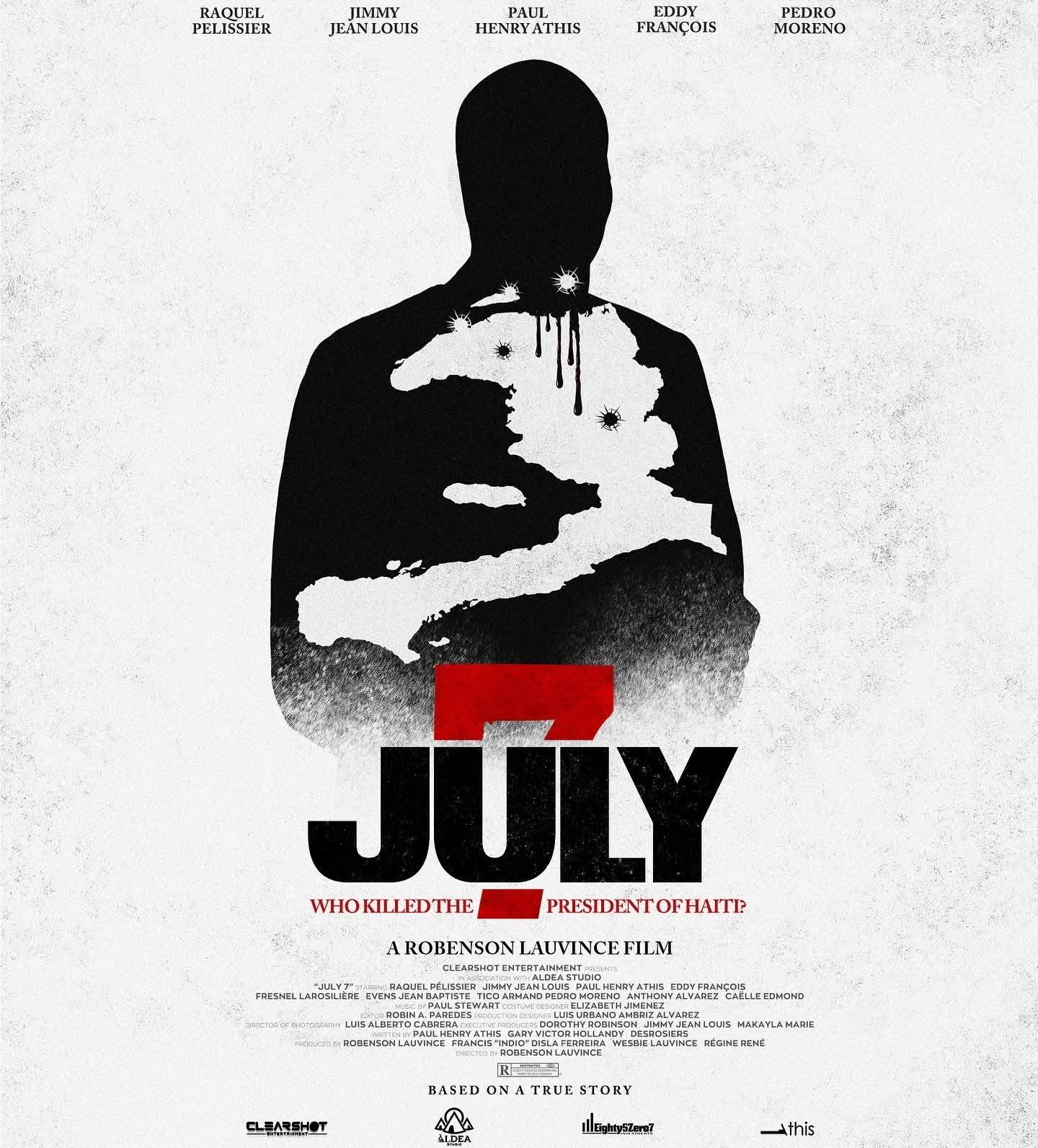
In an era saturated with outsider narratives and Western interpretation, July 7: Who Killed the President of Haiti? breaks through the noise like a thunderclap. Directed by Haitian filmmaker Robenson Lauvince, this searing political thriller, debuting in U.S. theaters on May 16, transcends its genre and becomes something more profound: a reckoning with power, memory, and national identity.
As a film critic, I’ve seen countless “true story” adaptations reduced to sensationalist fragments. But July 7 is different. It doesn’t merely recount history—it reclaims it.
A Haitian Tragedy Told by Haitians
For the first time, the 2021 assassination of Haitian President Jovenel Moïse is portrayed through an uncompromisingly Haitian lens. At the center of the story is Shedeline, a young university student determined to write a memoir on the president’s life. Her research soon entangles her in a labyrinth of danger and revelation as she witnesses the chaos she sought to document.
Lauvince’s decision to center a female Haitian protagonist is intentional and powerful. It shifts the gaze inward, away from foreign analysts and pundits, and into the hearts and streets of Port-au-Prince. It is a narrative choice that feels long overdue and deeply cathartic.
A Cinematic Tapestry of History and Emotion
Crafted with precision and poetic realism, July 7 is not just a dramatization—it’s a deeply researched and emotionally layered work of art. The production team consulted historians, journalists, and everyday Haitians to render a story faithful to its source material. But the film’s strength lies in transforming documentation into lived experience.
Visually, Lauvince strikes a delicate balance. The cinematography veers from handheld urgency to haunting stillness, reflecting the fractured, fragile landscape of a nation in crisis. The score, too, pulses with dread and hope, underscoring every twist with poignancy.
This is storytelling tailored to its subject matter—raw, intimate, and unflinching.

Representation as Resistance
July 7 is not merely a film; it is a statement. In a media ecosystem where Haiti is too often flattened into a stereotype or a soundbite, this film is a vibrant reclamation of voice. It challenges global audiences to move beyond pity or confusion and instead sit with the complexities of Haitian resilience, sovereignty, and rage.
The cast and crew—many of whom share direct ties to Haiti—imbue the film with authenticity that no amount of Hollywood polish could manufacture. Their performances breathe with urgency; their passion bleeds through the screen.
Much like the ethos behind ATELIER Magazine, which champions untold stories, design individuality, and cultural truth, July 7 champions the singularity of Haitian experience in all its contradictions and brilliance.
A Cultural Milestone, Not Just a Movie
Premiering just days before Haitian Flag Day, July 7, is poised to become a landmark in Haitian and diasporic cinema. But more than that, it sets a new precedent for what it means to tell your own story, on your terms.
This film isn’t only for Haitians—it’s for anyone who understands the power of representation, the necessity of truth-telling, and the role of art in the fight for justice.
In an industry that often overlooks Caribbean voices, July 7 is a resounding reminder: when Haitians tell Haitian stories, the world should listen.
To find a theater near you, visit: www.July7movie.com
SOURCE
July 7 Movie